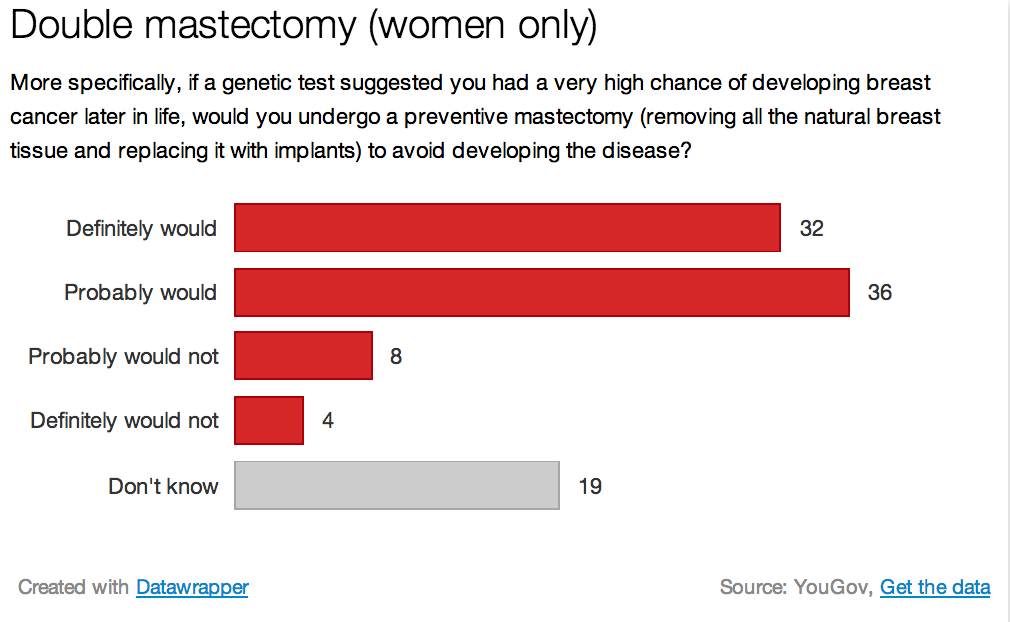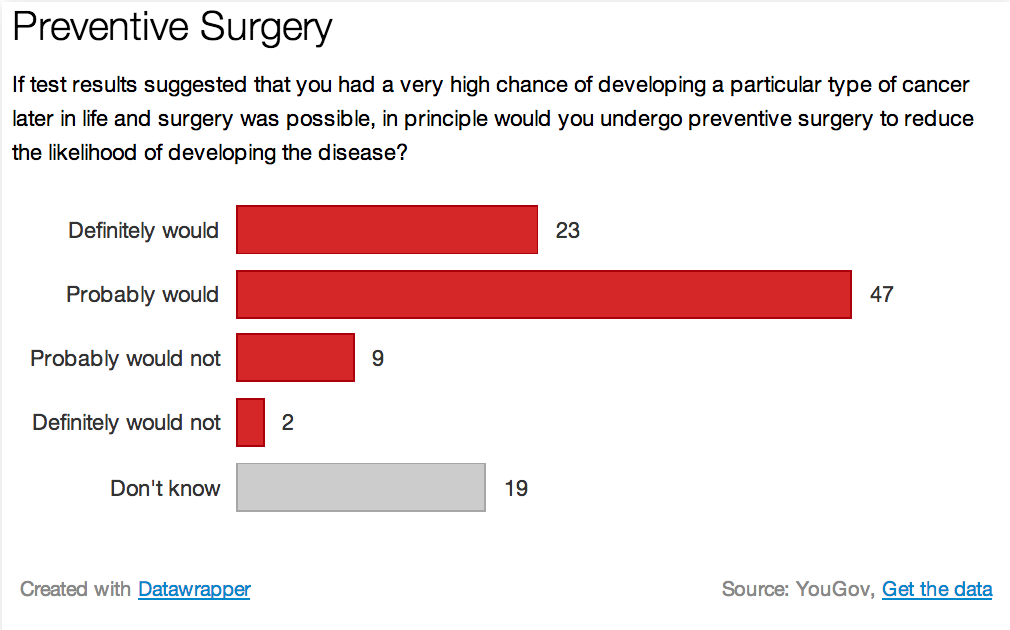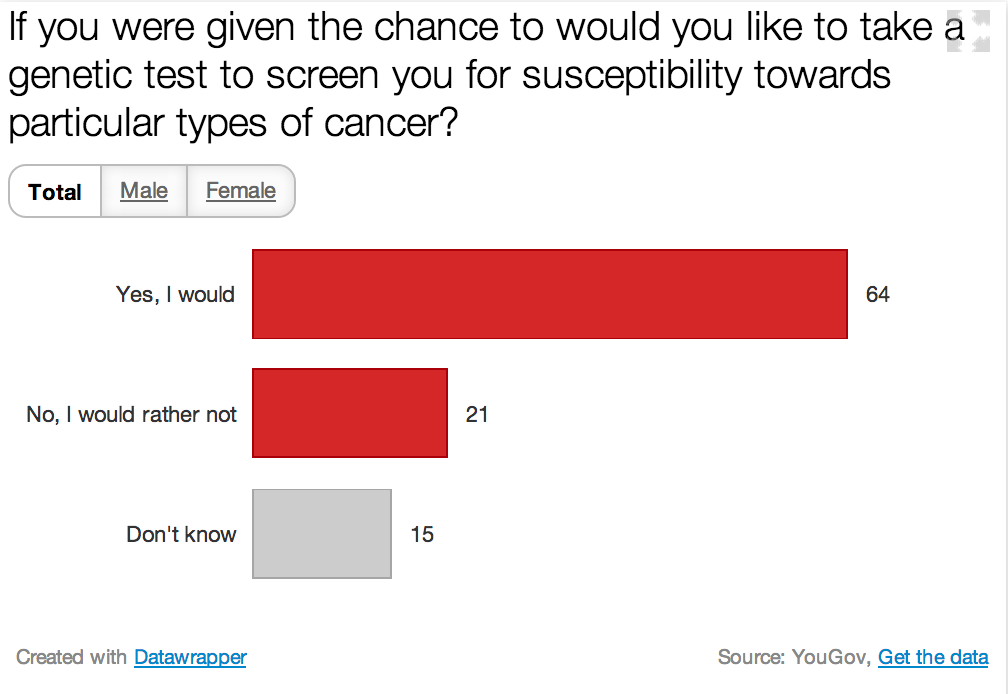POLITICIANS VOTED LEAST TRUSTED PROFESSION IN THE UK
The RatedPeople Trust Index, calculated from four different attributes, has today revealed that politicians are the least trusted profession in the UK from a list of professions, coming bottom for reliability, honesty and quality of work. 
The research of 2,054 adults, conducted by YouGov on behalf of the online trade recommendation service, assessed a range of different professions on four criteria: value for money, honesty, reliability and quality of work. Politicians were most likely to be voted as poor or very poor for reliability (62%), honesty (70%) and overall quality of work (57%), performing worse than both bankers and estate agents despite the maligned public image of these professions.
However, politicians managed to place ahead of premiership footballers in one category, value for money, where premiership footballers fared considerably worse, perhaps as a result of their multi-million pound annual salaries (76% rated footballers as poor or very poor value for money, compared to 60% for politicians.) By comparison, teachers enjoyed a clean sweep coming top across the board on the four criteria.
The research highlights which professions are trusted most by the British public, and of the different types of tradesmen included in the list, gardeners topped the list, however they came second overall across all the professions, to teachers for reliability, value for money and honesty. Electricians were named as the tradesmen that provide the best quality of work (50% rated the quality of electricians’ work as good or very good).
Perhaps because of the trade’s reputation for cowboys, and reflecting the 2.5 million disputes that happen every year, builders were named as the least trusted tradesmen nationally, scoring the lowest marks of all the trades assessed.
The UK’s most trusted professionals from our list are as follows:
1. Teachers
2. Gardeners
3. Electricians
4. Plumbers
5. Roofers
6. Builders
7. Bankers
8. Estate Agents
9. Premiership Footballers
10. Politicians
Rated across all four criteria: value for money, reliability, honesty and quality
RatedPeople.com’s brand ambassador and celebrity gardener, Toby Buckland, commented:
“I’m delighted to see gardeners made it to the number two spot in this research.
“Perhaps the reason that we have fared so well in the study is that gardening is a labour of love, it’s very easy for people to see the amount of hard work that goes into doing a gardening job and the results can completely transform an outside space.
“Building trust with your customers is an essential part of being a gardener if you want to achieve the best results for them. Trust ensures that they take your recommendations on board and have the confidence to rely on you to achieve the highest standards. Like so many in the trade, our reputation as professionals is built on this.”
The RatedPeople.com Trust Index also assessed which attributes are most likely to cause people to feel distrust when they first meet them. For more than two thirds (68%) of Brits, they are most likely to distrust a person if they have bad manners. This is followed by poor eye contact (52%), an unkempt appearance (40%) and being inarticulate (28%).
Brits aren’t a superficial bunch however, as being shorter (0%), unattractiveness (1%) and being younger (2%) were least likely to be cited as factors that make the most difference when it comes to deciding whether to trust someone. A further 1 in 10 (9%) people said that there are no attributes that would cause them to feel distrust. With actions speaking louder than words for these people, the four trust criteria are all the more important for helping to build a positive impression of a profession.
The features that will most make a Brit distrust someone are:
1. Bad manners
2. Poor eye contact
3. Unkempt appearance
4. Being inarticulate
5. A weak handshake
6. Badly dressed
Tariq Dag Khan from Rated People commented:
“They say that you form an opinion on someone within the first 30 seconds of meeting them, and our research has shown that a person’s behaviour can make all the difference.
“Builders, like other tradesmen, need to improve their image. Shows like Cowboy Builders and Rogue Traders taint the reputation of all tradesmen when in fact the vast majority of them deliver a job well done and at good value. One way for them to counter the unfair misperceptions is to improve communication with homeowners, as not doing so can fuel distrust. What helps is to be clear upfront about each project, starting with: what work is required; when it will be completed; and at what cost.
“Investing in home improvement can be a major commitment. So it helps when homeowners can be sure that the people they’re hiring to carrying out the project can be trusted to do the job right. Services like RatedPeople.com give consumers the confidence to know what they are getting before they take the plunge. The service works like word-of-mouth, by allowing homeowners to review the recommendations of thousands of other homeowners as part of the hiring process. It also allows tradesmen to build a profile for the great work they’re doing. This only helps to boost their trust ranking, so that next year they top the chart.”
 A new YouGov survey finds the programme is a big hit with viewers, and amongst those who have actually watched it, the majority do not think it is unfair or in bad taste.
A new YouGov survey finds the programme is a big hit with viewers, and amongst those who have actually watched it, the majority do not think it is unfair or in bad taste.




